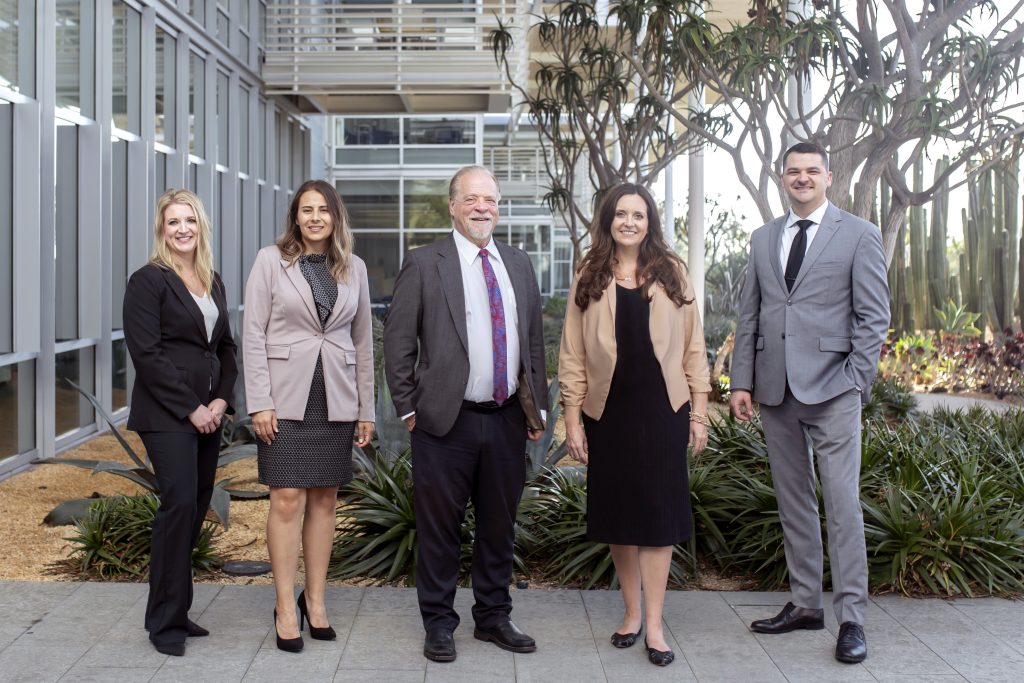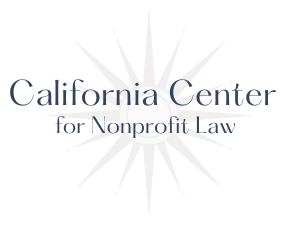The California Center for Nonprofit Law Blog


The Budget Reconciliation Bill: Implications for Charitable Organizations
H.R. 1, the federal budget reconciliation bill, has passed both the Senate and the House by a narrow margin. The so-called “One Big Beautiful Bill” is likely to result in significant changes for charitable organizations in various areas. What follows…
Unexpected Costs of Charity Solicitation Registration Requirements for Charitable Organizations
State charity solicitation registration laws can result in unexpected expenses for charitable organizations, particularly if they are mounting nationwide fundraising campaigns or seeking donations in multiple states. Most states have charity solicitation laws that mandate some form of registration, along…
Giving Proper Notice of Board and Member Meetings
When operating a charitable organization, administrative tasks such as providing proper notice of board and member meetings may be low on the priority list. However, failing to give appropriate notice can lead to confusion, conflict, and even legal liability. Regardless…
Supreme Court Supports Catholic Charity in Tax Exemption Case
On June 5, 2025, a unanimous U.S. Supreme Court held that the state of Wisconsin impermissibly discriminated against a Catholic charitable organization based on religion when it refused to allow the organization the same exemption from state unemployment tax that…
Understanding the Universal Charitable Deduction
The passage of the federal budget reconciliation bill on July 4, 2025, will soon alter charitable giving incentives. The inclusion of the universal charitable deduction, set to launch in 2026, in the legislation means that charitable organizations should begin focusing…
Managing Liability and Risk for Nonprofit Leaders
The boards of charities generally consist of invaluable volunteers who bring their expertise to the fundamental operations of the organization. While the board does not typically handle day-to-day decisions and operations, they do make major decisions about policies, finances, and…
How California SB 1454 Affects Your Church Security Team
California Senate Bill (SB) 1454 went into effect on January 1, 2025. This bill updates the Proprietary Security Services Act, which is a portion of the California Business and Professions Code. SB 1454 has raised issues about how the Bureau…
Charitable Fundraising – When Registration is Required in Multiple States
One of the most challenging aspects of charitable fundraising is navigating legal compliance issues, particularly when fundraising goes across state lines. Online giving and social media platforms have made it increasingly easy to solicit donations across the nation. However, most…
Five Ways Charitable Organizations Could Lose Tax-Exempt Status
Many charitable organizations also enjoy tax-exempt status under the Internal Revenue Code (IRC) if they meet the eligibility requirements for nonprofit organizations under Section 501(c)(3). However, charities that have tax-exempt status should take care to safeguard that status by following…
Understanding Charitable Solicitation Registration Requirements
Charitable solicitation registration laws can be an unexpected obstacle to charities seeking to expand their fundraising efforts. Some of these laws also fail to consider new ways of charitable solicitation, such as soliciting donations through websites, text messages, QR codes,…










